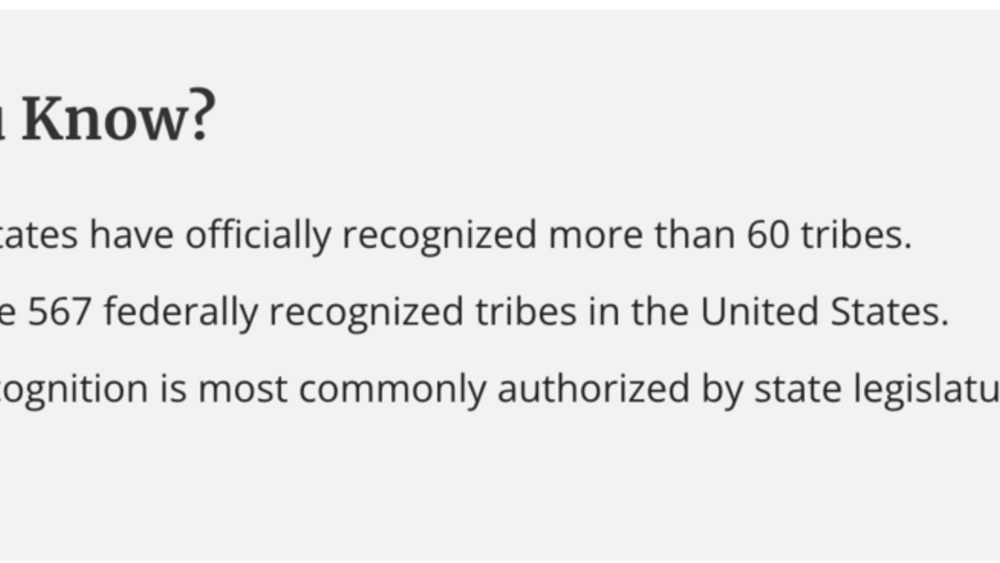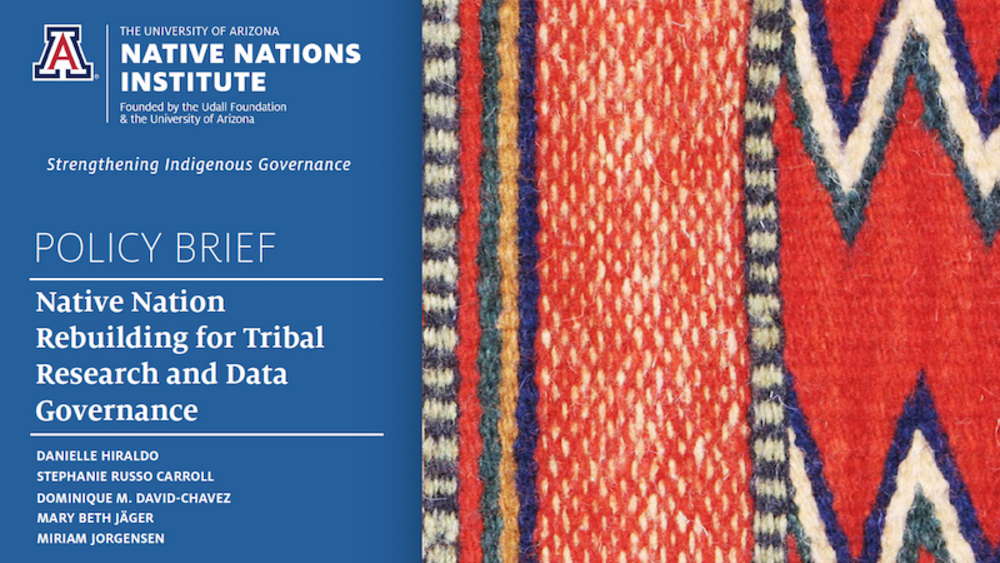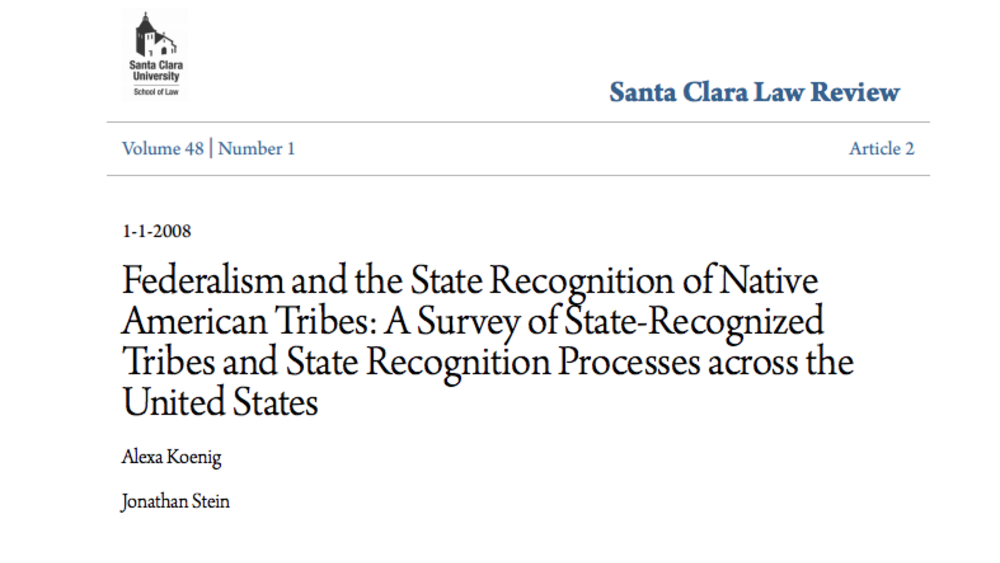Recent decades have ushered in a new era for the recognition of Indigenous rights. Today, more than half of all United Nations member states recognize some form of Indigenous governance in their constitutions (Holzinger et al 2019), and dozens more have done so statutorily. This marks the culmination of a shift in the international consensus around Indigenous-state relations – from the assimilation of Indigenous peoples into nation-states throughout most of the twentieth century to a contemporary recognition of their collective rights to self-determination. This transition has profound implications for governance in modern states and, in turn, for the study of comparative politics. In recognizing self-governance and self-determination rights for Indigenous peoples, the emerging Indigenous rights paradigm envisions a degree of political and societal heterogeneity that seemingly challenges the state’s aspirations to monopolize political, social, and territorial control within its borders. The recognition of collective rights, by many accounts, also stands in tension with liberalism’s emphasis on individual rights and thus has implications for representation within democratic polities.
Additional Information
McMurry, Nina, Danielle Hiraldo and Christoper L. Carter. "The Rise of Indigenous Recognition: Implications for Comparative Politics". APSA-CP Newsletter Vol. XXXI, Issue 1, Spring 2021. pp. 93-99. Johns Hopkins University School of Advanced International. Washington, DC.




